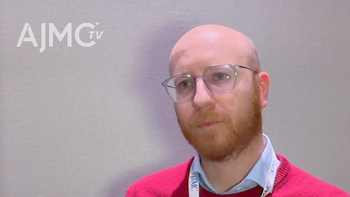Medical Debt Prevalent in 1 in 5 Households
A study in published in JAMA Network Open found that 1 in 5 households are struggling with medical debt, which leaves them more vulnerable to food insecurity, eviction, and inability to pay for necessities, according to NBC News. The study also found that medical debt is the driver of health and financial inequalities in the United States, which emphasizes the need for reform. Uninsured people had the highest risk of medical debt but it was also common for those with private insurance, such as high deductible plans and Medicare Advantage.
North Carolina Hospital Systems Propose Medicaid Expansion
Hospital systems and hospitals in North Carolina proposed a way to expand Medicaid to hundreds of thousands of low-income adults in the state in order to restart stalled negotiations. The offer was sent to Republican legislative leaders and to Governor Roy Cooper and included reforms to state laws that require regulatory approval before some medical buildings can be constructed or services offered in the region. An expansion bill was passed in the House earlier this year but did not include medical supply-side proposals that the Senate had wanted. House Speaker Tim Moore was appraising the offer before the General Assembly is scheduled to return on Tuesday.
Treatment for Mental Health Increases in 2 Years
The CDC released data that found that the percentage of adults receiving treatment for mental health has increased from 19.2% in 2019 to 21.6% in 2021. Adults aged 18 to 44 years were more likely to receive treatment, especially women in that age group. Adults who had received treatment were on medication for their mental health, had therapy from a mental health profession, or had both in the past 12 months.

















